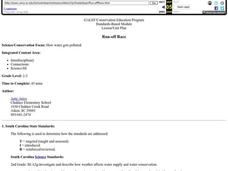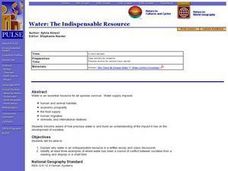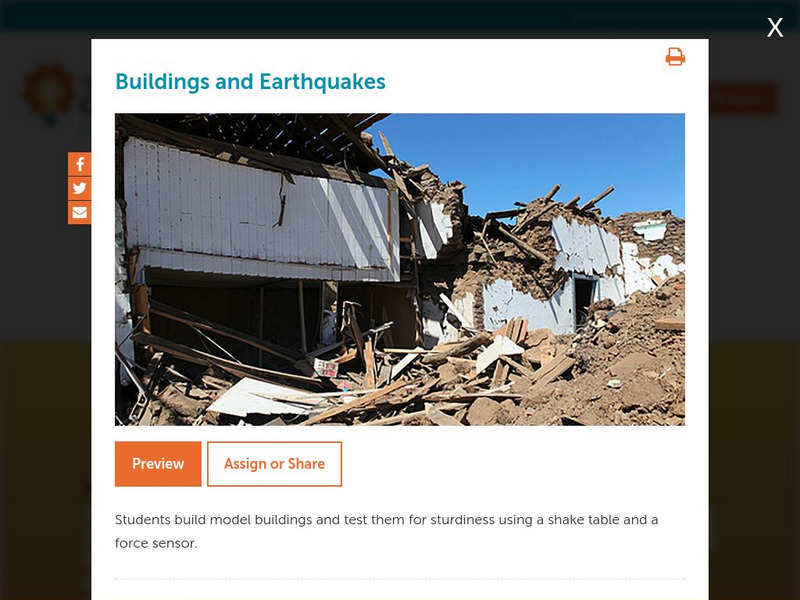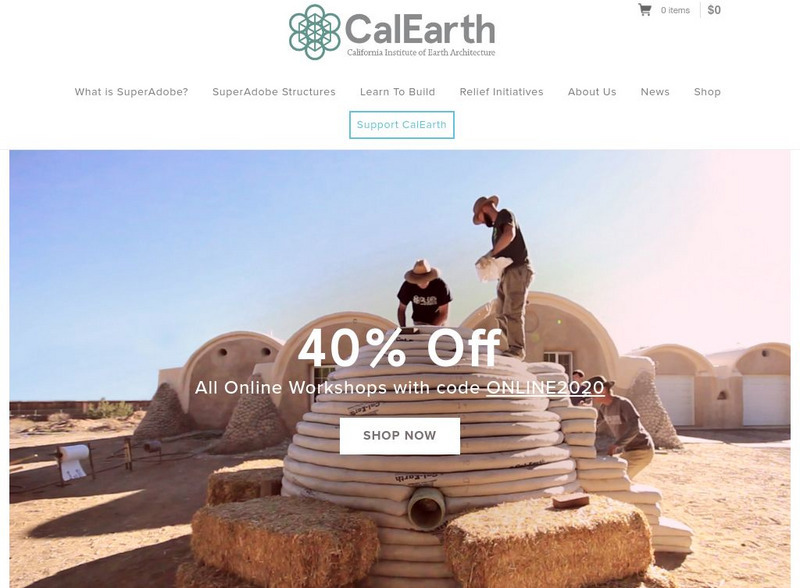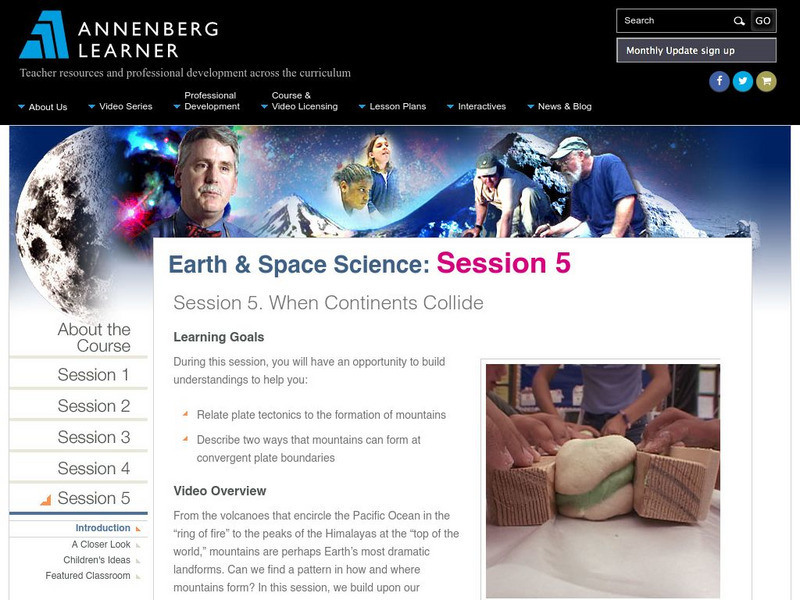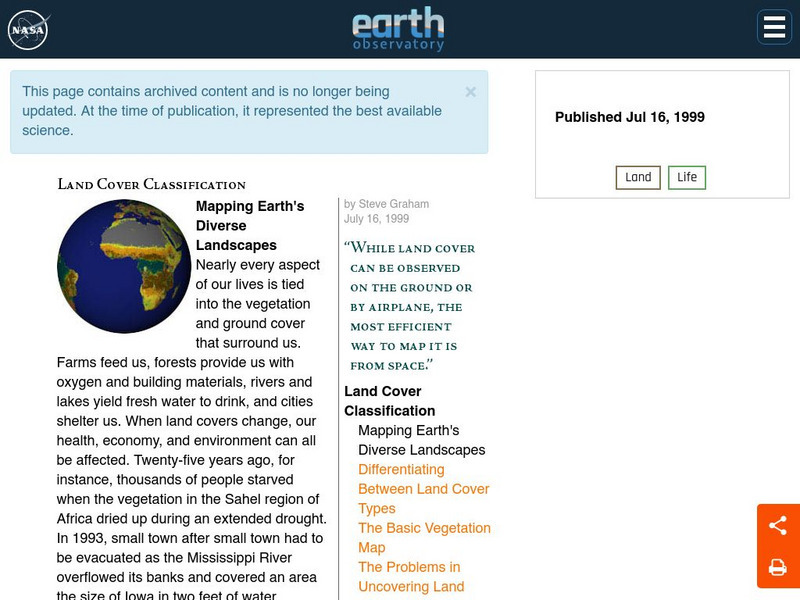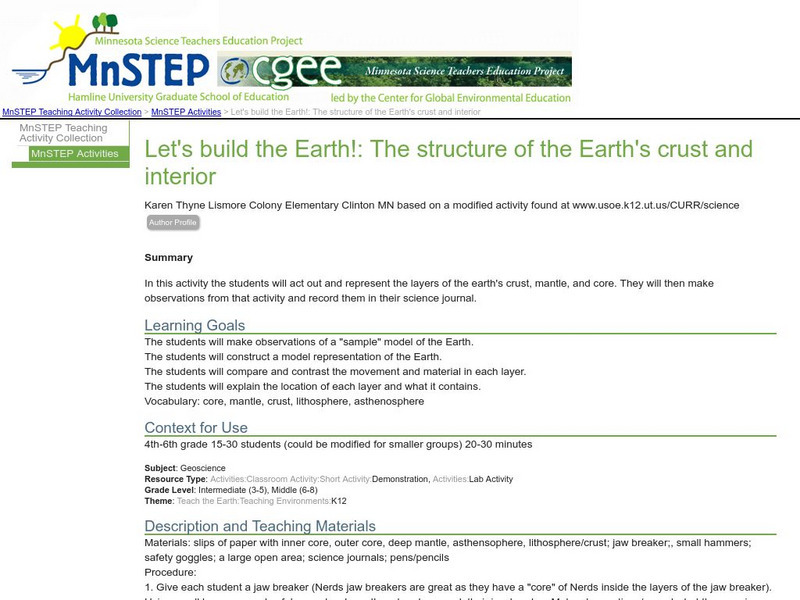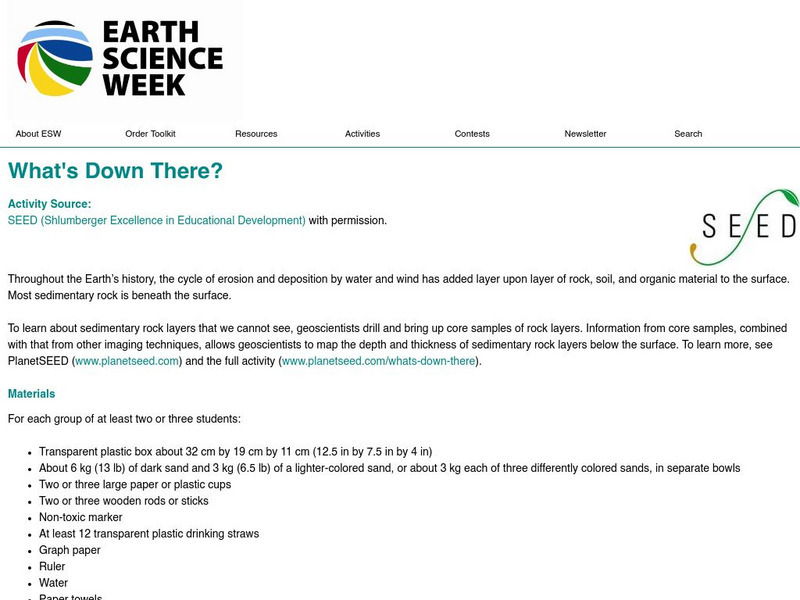Curated OER
Ethical Consumer Choices in the Global Village
Young scholars identify an issue and provide several reasons to support a position. They describe ways members of a community meet one another's needs. Students explain their roles, rights, and responsibilities within the community.
Curated OER
RIDE THE WILD LEAF
Students identify and interpret that leaves provide food for new trees and plants. Students cut out leaves and glue them on the appropriate
number on included worksheet. Students collect different types of leaves and make leaf rubbings....
Curated OER
Student Experiment Flies On NASA Space Shuttle!
Students design and construct an experiment that will be launched into space aboard a NASA research shuttle. How better to gain and appreciation for (and, hopefully, a love of) scientific investigation than to do real science and be...
Curated OER
Sinking in the Rain (or Drought)
Second graders, in groups, explore sinkholes and how they effect humans and the natural environment.
Curated OER
Spectral Surprise
Students experience a model that produces, separating, and displaying spectral colors.
Curated OER
Magic Wand
Students observe how an image falling on a CCD array is divided into individual pieces, by the property of persistance of vision.
Curated OER
ABC's of the Louisiana Purchase
Pupils investigate the Louisiana Purchase by reviewing the ABC's of the purchase. Each letter of the alphabet is accompanied by information pertaining to the event. They participate in a variety of activities to reinforce the concepts...
Curated OER
Facts, Feats and Folklore: Spiders
Students review and discuss a variety of sayings, folklore and superstitions about spiders. They discuss this information and choose either an interesting fact or appealing foklore tradition to illustrate.
Curated OER
Investigating Erosion in an Outdoor Classroom
First graders observe the effects of erosion. They work in groups to simulate erosion in a streambed, participate in class discussion, read books about fossils and rocks and then go on a fossil hunt.
Curated OER
Planting A Garden On Campus
Students investigate the school campus area in order to plan the best spot for a class garden. They create a map of the school and research the different types of soil that exist in order to find the best spot. The class takes the...
Curated OER
The Path of Pollution
Students conduct a brainstorming exercise that asks them to list all the ideas about air pollution that can be recalled. The ideas are recorded on a chart that the teacher has prepared. The lesson contains sufficient background...
Curated OER
Run-off Race
Students create wetland models in pans and use them to experiment to see how plants help slow the flow of runoff water and keep our waterways clean.
Curated OER
World Geography: Water: The Indispensable Resource
Learners are able to explain why water is an indispensable resource in a written essay and class discussion. They identify at least three examples of where water has been a source of conflict between societies from a reading and...
Curated OER
Science: What Happens to Create the Lode?
Students understand how mineral deposits are formed and why they are not evenly dispersed. They create and describe three different precipitates from four solutions simulating mineral ore deposit formation in sedimentary rock.
Curated OER
Energy Content Of Foods And Fuels
Students engage in a study of food and how it used as fuel for the human body. They research how biological systems require energy and compare them to the physical science systems like machines. They compare and contrast what they have...
Curated OER
Looking at the Community Tree
Third graders review the characteristics of living and nonliving organisms. As a class, they observe a tree and describe the interactions between the living and nonliving organisms surrounding it. To end the lesson, they ask a question...
Other
Science4 Us: Materials
Students use a dichotomous key to sort materials into natural and man-made and sort further using the adjectives rough and smooth; this activity builds both science and language skills as students classify materials and build deeper...
Concord Consortium
Concord Consortium: Stem Resources: Buildings and Earthquakes
Do you think you can build a house that can withstand the shaking from an earthquake? In this activity, students design and construct model building that will be tested on a shake table with a force sensor. Activity includes questions...
Other
Cal Earth the California Institute of Earth Art and Architecture
Founded and directed by the internationally renowned architect and author Nader Khalili, this institute works to create homes from the earth using such materials as sand, clay, and dirt. Its mission is to create tree-less places for...
Other
Massachusetts Department of Education: Sunlight Warms Earth's Surface
This unit contains a series of lessons that allow students to explore the effect of sunlight on Earth's natural surfaces of sand, soil, rock, and water. In addition, students explore how the color and material of a surface affects how...
Annenberg Foundation
Annenberg Learner: Earth and Space Science: When Continents Collide
Material to begin an exploration of plate tectonics and mountain formation. An hour-long video is accompanied by learning goals, an outline and overview, details on metamorphic rocks and mountain building, and ideas for teaching this...
NASA
Nasa Earth Observatory: Land Cover Classification
Learn about the important resources our land offers us: food, water, oxygen, building materials, and more. Discover how scientists have been mapping land for years trying to prevent disasters and to collect environmental information.
Science Education Resource Center at Carleton College
Serc: Let's Build the Earth!: The Structure of the Earth's Crust and Interior
In this activity, students will make observations then construct a "sample" model representation of the Earth's layers. They will compare and contrast the movement and material in each layer explaining the location and what it contains.
American Geosciences Institute
American Geosciences Institute: Earth Science Week: What's Down There?
Students build a model to learn about the cycle of erosion and deposition by water and wind which deposits layer upon layer of rock, soil, and organic material to the surface.













